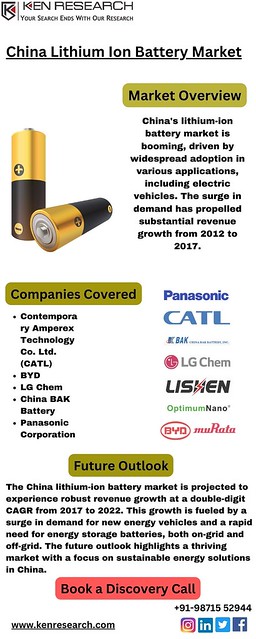High-energy density lithium battery,Rechargeable lithium battery,Lithium-ion battery have become an integral part of our lives. In recent years, the demand for these batteries has skyrocketed due to their numerous benefits and applications. One type of lithium battery that stands out is the lithium batterylithium batterylithium bat lithium battery terylithium batterylithium battery.
Manufacturing Process:
The manufacturing process of a lithium battery involves several steps. It begins with the production of positive and negative electrode materials, which are typically made from a combination of active materials such as lithium cobalt oxide or lithium iron phosphate. These materials are

coated onto metal foils and then assembled into a cell structure.
Next, electrolytes are added to facilitate the movement of ions between the cathode and anode during charge and discharge cycles. The most common electrolyte used in these batteries is a lithium battery mixture of organic solvents containing lithium salts.
Once all components are prepared, they are sealed together in a protective casing to prevent leakage or damage. This casing also acts as a barrier against external factors like moisture or dust.
Features:
High-energy density: Lithium batteries

offer high energy density compared to other rechargeable batteries available in the market today. This means they can store more energy within the same volume or weight constraints.
Rechargeable: Unlike primary batteries that can only be used once before disposal, rechargeable lithium batteries can be recharged multiple times using an appropriate charger. This feature makes them suitable for various portable electronic devices like smartp

hones, laptops, and electric vehicles.
Long cycle life: Lithium batteries have an i lithium battery mpressive cycle life compared to other rechargeable alternatives. They can withstand hundreds if not thousands of charging cycles with minimal capacity loss over time.
Advantages:
Lithium batteries come with several advantages over traditional lead-acid or nickel-cadmium (NiCd) counterparts:
1. Lightweight: Lithium batteries weigh significantly less than traditional options. This characteristic is especially crucial for portable devices where weight and size matter.
2. Fast charging: Lithium batteries can be charged at a much lithium battery faster rate than other battery chemistries, saving valuable time and improving convenience.
3. Low self-discha Lithium-ion battery rge: These batteries have low self-discharge rates, meaning they retain their charge while not in use, ensuring longer shelf life compared to other types of rechargeable batteries.
Usage:
Lithium batteries find applications in various industries due to their high energy density and rechargeability. They power electric vehicles, consumer electronics, medical devices, aerospace equipment, and even renewable en lithium battery ergy systems such as solar panels or wind turbines.
How to choose the right lithium battery:
When selecting a lithium battery for your specific needs, consider the following factors:
1. Capacity: Determine the required capacity based on your device’s power consumption and desired runtime before recharging.
2. Voltage: Ensure that the voltage output of the battery matche Rechargeable lithium battery s your electronic device’s requirements to avoid compatibility issues.
3.Protection circuitry: Look for built-in safety features like overcharge protection or temperature control mechanisms to ensure safe operation and prevent accidents.
Conclusion:
In conclusion,lithium batterylithium batterylithium batterylithium batterylithium battery has revolutionize lithium battery d our lives by providing reliable and lightweight energy storage solutions. Their high-energy density coupled with their rechargeability makes them an ideal choice for numerous applications across various industries. When choosing a lithium battery,it is important to consider factors such as capacity,voltage,and protection circuitry th High-energy density lithium battery at align with your specific requirements.It is clear that lithium batteries will continue to dominate the market due to their numerous advantages over traditional alternatives.The future looks bright indeed!
